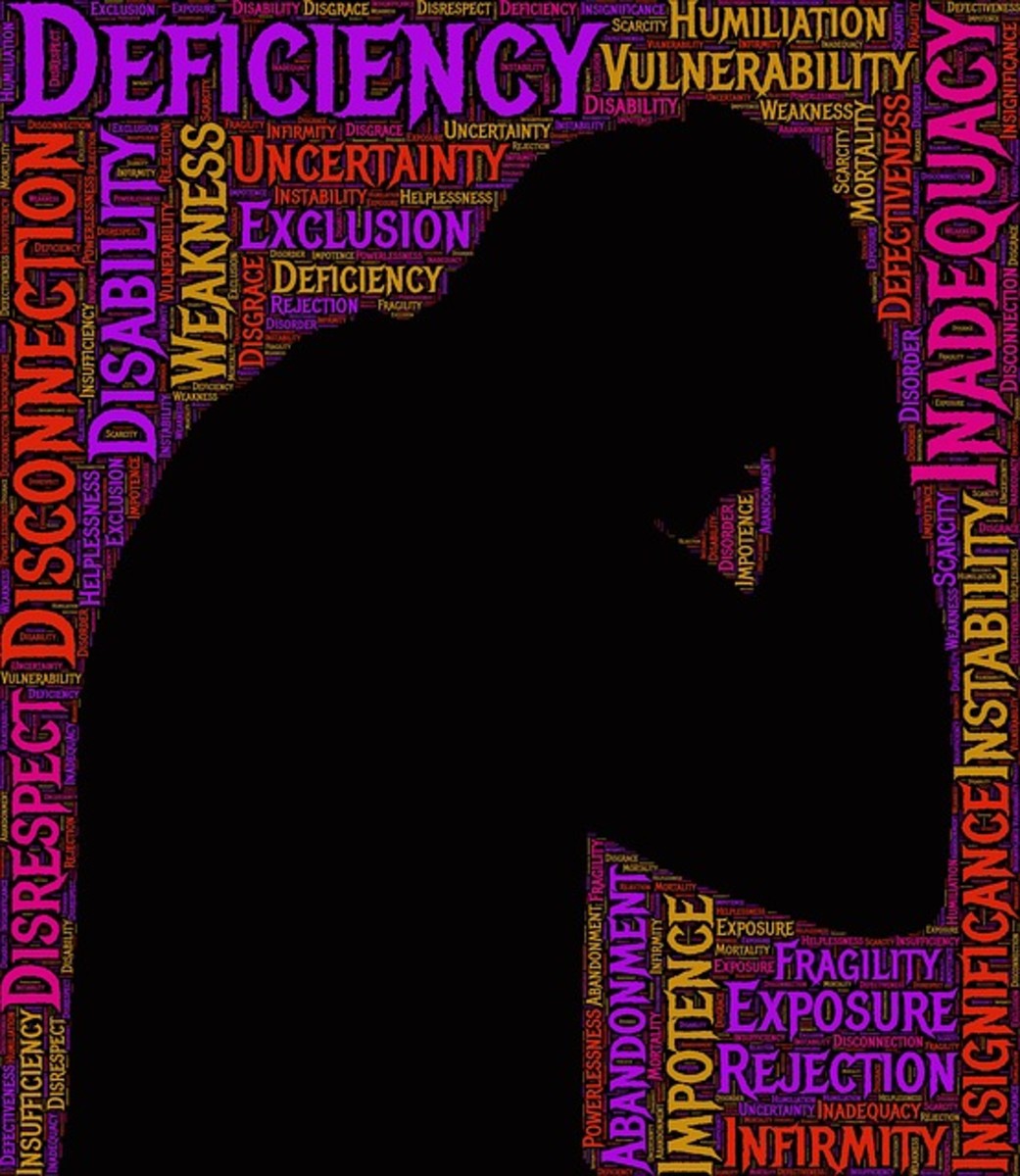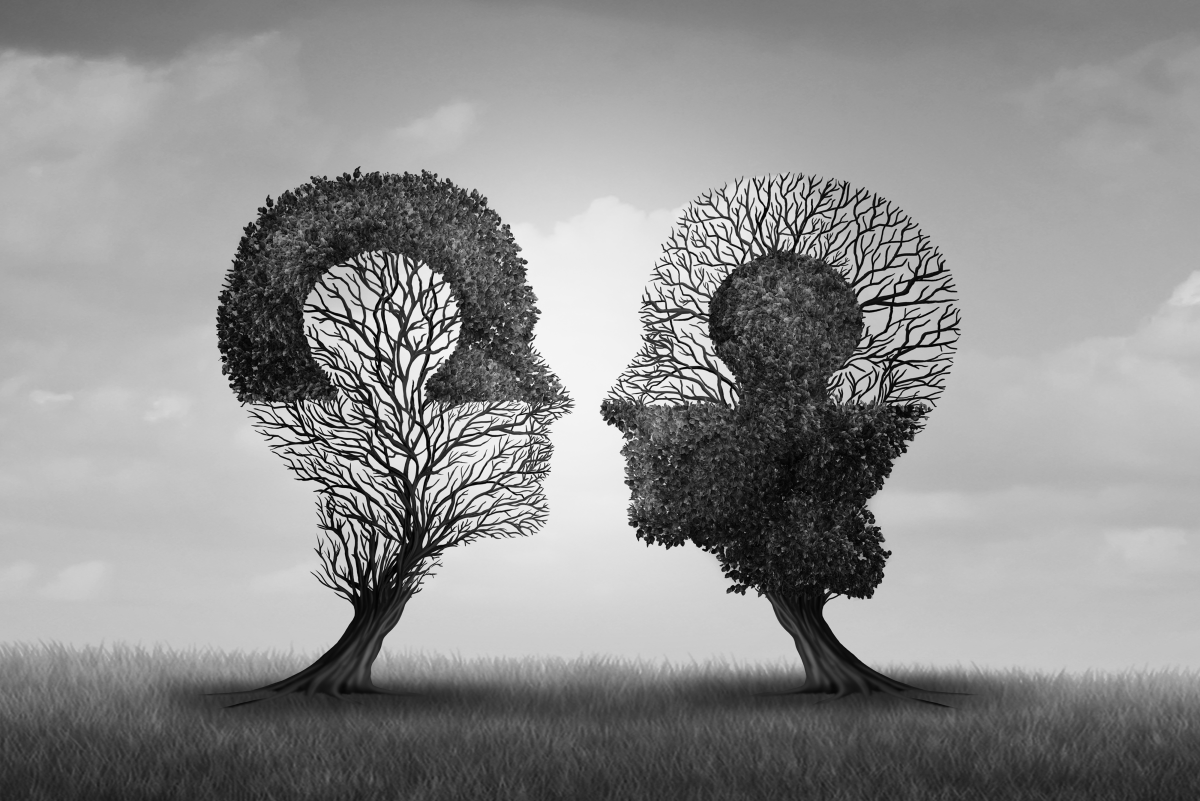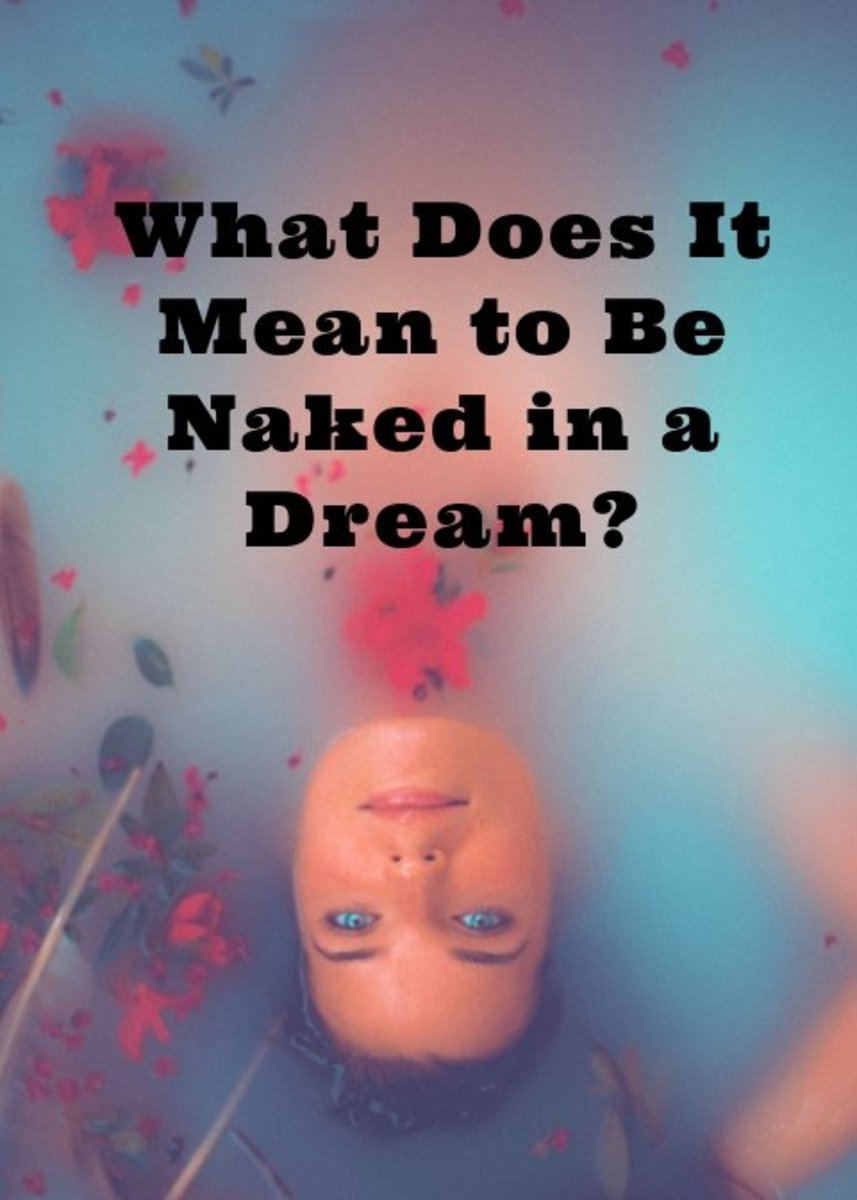Mental Disorders/Syndromes Named After Real-Life Events
Mental disorders affect millions of people in the world every year. While some mental disorders, such as depression, can occur naturally, others are the result of brain trauma or other injuries. Some of them are heavily inspired by real-life events and are in fact named after these events. Check out some of these mental disorders and what happened to the exact events where they are named after.

1. Stockholm Syndrome
Stockholm syndrome is a condition in which the person forms or develops a psychological alliance often showing sympathy, loyalty or even voluntary compliance with their hostage-taker. It is also discussed in other cases, including those of wife-beating, rape, and child abuse. The syndrome is paradoxical because the sympathetic sentiments that the victims feel towards their captors are the opposite of the fear and disdain which an onlooker might feel towards the captors/abusers.
The syndrome was named after the bank robbery that took place in Stockholm, Sweden in 1973 in which the bank robbers held the bank employees hostage from August 23 to August 28. The four hostages defended their captors after being released and would not agree to testify in court against them. Later, after the captors were tried and sentenced to jail, one of them married a woman who had been his hostage.
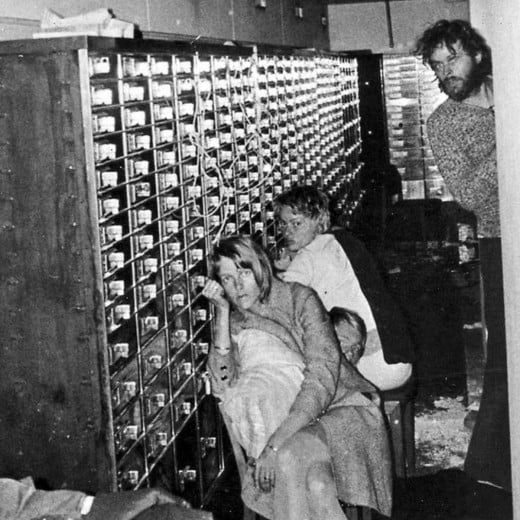
2. Lima Syndrome
Lima syndrome is the opposite of Stockholm syndrome, in which it is the condition wherein the captors develop a feeling of sympathy for their hostages.
It is named after a 1996 abduction at the Japanese Embassy in Lima, Peru, where the abductors released the hostages within a few hours. It began on December 17, 1996 and ended on April 22, 1997. The abductors had released most of the captives, with seeming disregard for their importance, including the future President of Peru, and the mother of the current President.
3. Diogenes Syndrome
Diogenes syndrome, also known as senile squalor syndrome, is characterized by extreme self-neglect, domestic squalor, social withdrawal, apathy, compulsive hoarding of garbage or animals, plus lack of shame.
The name derives from Diogenes, an acient Greek philosopher, minimalist, who lived in a large jar in Athens. Famously, when he was asked by Alexander the Great what he wanted most in the world, he replied, “For you to get out of my sunlight!”

4. Stendhal Syndrome
Stendhal syndrome, Stendhal's syndrome or Florence syndrome is a psychosomatic condition involving rapid heartbeat, fainting, confusion, and even hallucinations when an individual is exposed to art, usually when the art is particularly ‘beautiful’ or a large amount of art is in a single place. The term can also be used when confronted with immense beauty in the world.
It is named after 19th-century French author Stendhal (pseudonym of Marie-Henri Beyle), who described his experience with the phenomenon during his 1817 visit to Florence in his book Naples and Florence: A Journey from Milan to Reggio.
When he visited Basilica of Santa Croce (where Niccolò Machiavelli, Michelangelo and Galileo Galilei are buried), he was overcome with profound emotion. Stendhal wrote:
"I was in a sort of ecstasy, from the idea of being in Florence, close to the great men whose tombs I had seen. Absorbed in the contemplation of sublime beauty ... I reached the point where one encounters celestial sensations ... Everything spoke so vividly to my soul. Ah, if I could only forget. I had palpitations of the heart, what in Berlin they call 'nerves'. Life was drained from me. I walked with the fear of falling."
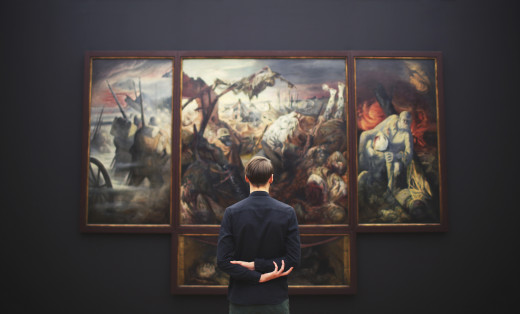
While there are many mental syndromes and disorders going around the world, these are some which are inspired by real-life events. Though considered bizarre, these are conditions that are good to know.
© 2020 Krishna


